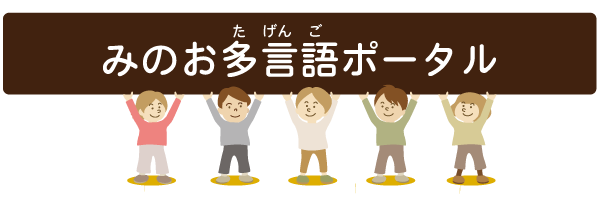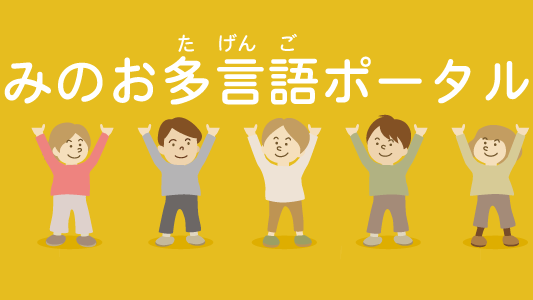Recently in Japan earthquakes and natural disasters, such as typhoons, heavy rain, flooding and windstorms, have occurred frequently. No one knows when or where the next disaster will occur. It is important to take preventive measures as daily routines in order to protect your lives and lessen damages in the event of disasters.
Among various measures we picked out the things you should know the most, and made an appendix featuring disaster prevention. (Please refer to the following issue.) The issue may be useful as a checklist of things to be prepared for. We recommend you put it somewhere you can always look and refresh your memory.
There are a few more things to be noted on earthquakes and natural disasters. We, the MINOH POST, would like to give related information from time to time.
What You Can Do to Protect Yourself from Earthquake and Other Natural Disasters
◆Pre-disaster Action
(1) Please check the new “Bosai Map” (The newest version as of May 2019) (https://www.city.minoh.lg.jp/bousai/hazardmap/hazardmap_top.html)
□ Is your house in the “hazard area (where mudslides or floods may occur)”?
□ Do you know where your “Hinanjo (evacuation shelter)” is?
(2) Be prepared for power/water outages
□ Flashlight □ Batteries □ Battery-powered radio □ Wet tissues (to clean your body, eating utensils, etc.)
(3) Store 3 days-worth of drinking water and foods
□ Drinking water: 3 liters a day for each person. Please prepare for your number of family members.
□ Foods: Canned/bottled/retort-packed foods that do not require cooking.
Buy and have more than you need, use from the old, and always keep a new stock of food.
(4) Prepare an emergency bag.
□ Batteries □ Battery-powered radio □ Flashlight □ Whistle
□ Drinking water and food little by little □ Medications □ Contact lenses
□ Spare eyeglasses □ Women’s sanitary items □ Tissue papers, wet tissues
□ Mask □ Diapers & baby milk, children’s snack □ Copy of insurance card □ Passport
Put the above items in a bag that lets you use both hands freely such as a backpack. And keep it near the doorway.
◆Let’s Gather Correct Information
(1) To get information for disaster prevention
□ City’s Safety Alert LINE
□ City’s Safety Alert Email
□ City’s Safety Alert Twitter (Account: Minoh_Anzen)
□ FM Radio “Tackey816” (FM81.6MHz) which broadcasts
“Emergency Information” at the time of disaster
(2) Three important “Emergency Information”
You should be familiar with these Japanese words because they are mainly issued in Japanese.
□ “Hinan Junbi”: This means “Evacuation Preparation”. Prepare for evacuation. For those who require time to evacuate such as elderly people, start evacuating.
□ “Hinan Kankoku”: This means “Evacuation Advisory”. Start evacuating to an evacuation shelter.
□ “Hinan Shiji (Kinkyu)”: This means “Evacuation Order (Urgently). Everyone must start evacuating immediately.
(3) Information in other language than Japanese
□ “Osaka Disaster Prevention Net” (http://www.osaka-bousai.net/osaka/) (English, Chinese, Korean)
□ MAFGA (If you are anxious about anything, please contact MAFGA for advice.)
◆Have Discussion with Your Family
(1) If the disaster strikes when your family members are in separate places
□ How do you contact each other?
□ Where should your family meeting spot be?
It is advisable to develop household emergency plans for various possible situations.
(2) Determine whether to evacuate or not
□ Which is safer, going to your evacuation shelter?
□ Or, staying at your own house?
If you go outside during an earthquake or fierce weather (heavy rain/strong wind), you may be exposed to danger from them. Please have a discussion among the members of your household when and in what case you should evacuate.


